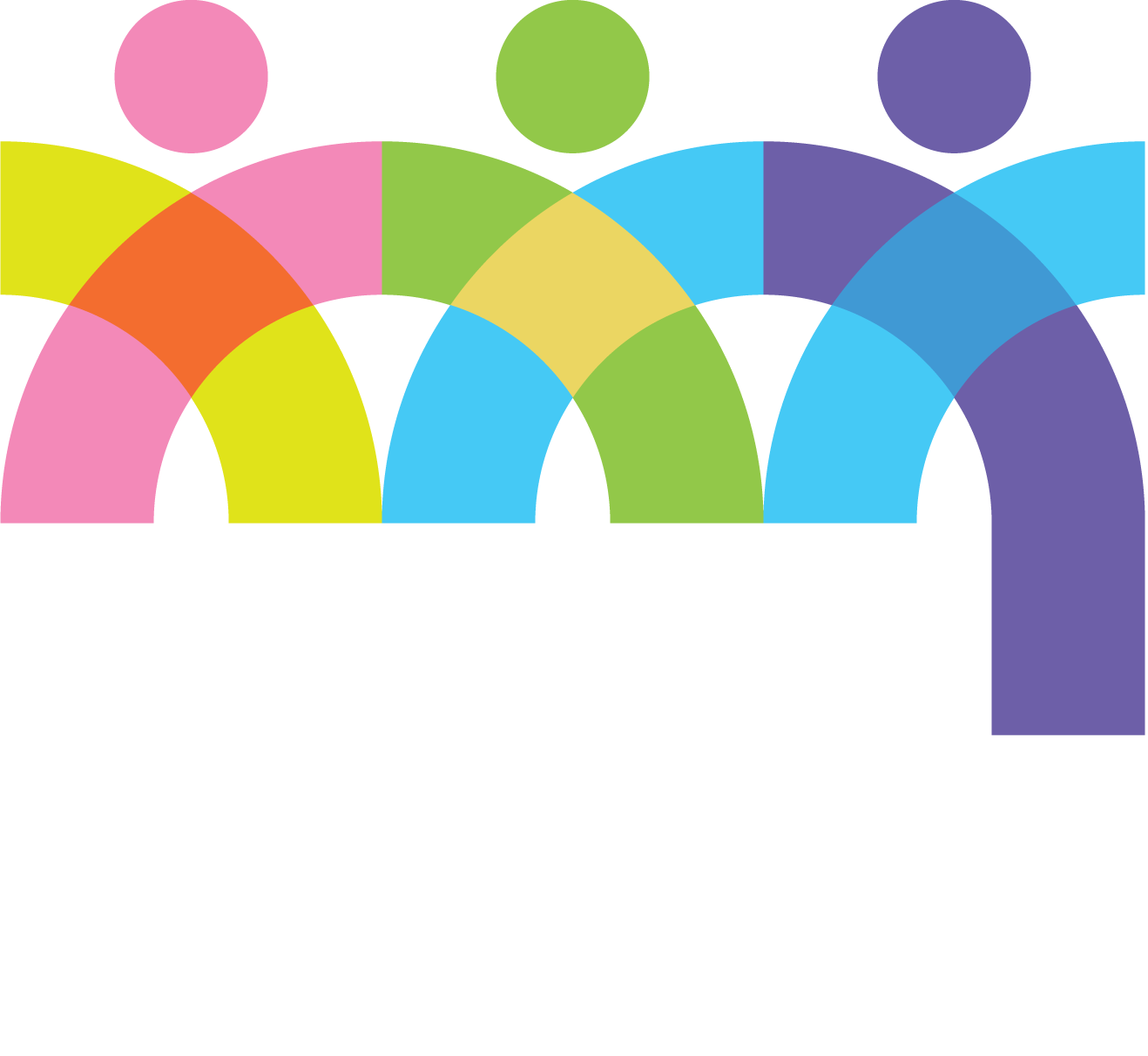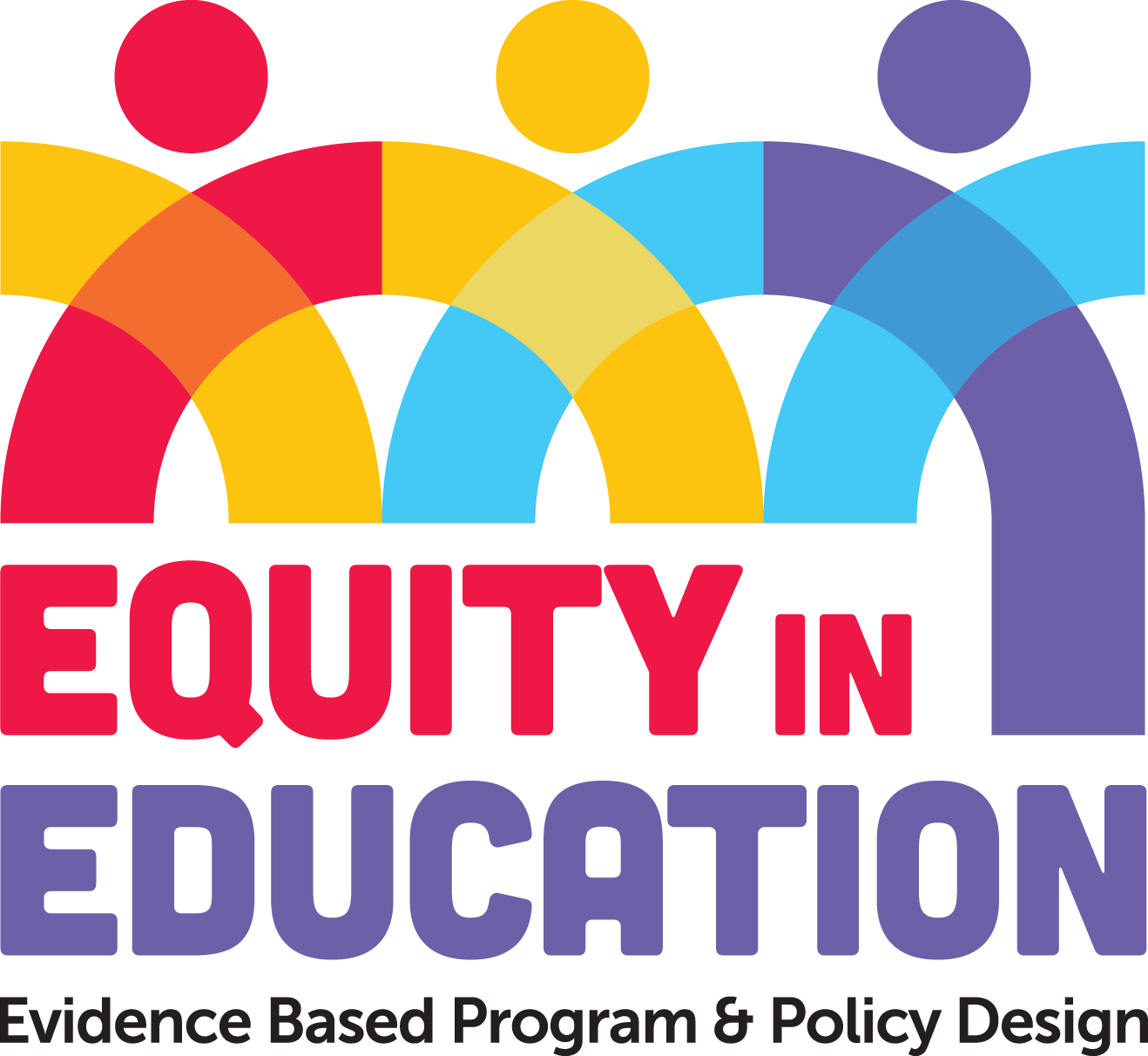Explore:
Inequities in early childhood education and care (ECEC), formal education and youth training.
Test:
Novel solutions to known problems, collaborating with stakeholders.
Create:
Knowledge mobilization tools, including evidence-informed policy.
We draw on multidisciplinary insights from many fields, including economics, applied psychology and human development, and political science. We work with researchers across Canada and abroad to answer questions, develop interventions and mobilize information.
Featured Insight…

Conceptualizing and Operationalizing Creativity in Early Childhood Education and Care: A Scoping Review
Creativity has been identified as one of the most important skills of the 21st century. The development of creativity begins at an early age. Given that most children attend early childhood education and care (ECEC) during this critical developmental period, it is...
Quantitative Analysis and Methods
Will the Increased Investment in Early Childhood Education and Care in Canada Pay off? It Depends!
This article explores the potential impact of the increased investment in early childhood education and care (ECEC) in Canada. With a multi-billion-dollar investment committed to making high-quality care accessible, affordable, flexible, and inclusive for all...
School segregation matters
When rich and poor kids attend separate schools, inequality deepens. The reasons why school sorting happens, and how deep it goes, varies dramatically by province.
Does work-integrated learning provide a labour market advantage?
Proponents of “on-the-job” training say it provides a vital supplement to in-class learning. But does it really help graduates get jobs?
Intervention Creation and Testing
Navigating Technology in the classroom
A scoping review of technology use during peer collaboration in early educational settings. Early educational settings such as early childhood education and care and kindergarten (i.e. formal schooling) are important contexts to foster children’s peer collaboration, an important skill for the 21st century.
Designing Effective Policy Responses
Material Circumstances and Pandemic-Related Education Choices
Parents have faced difficult decisions regarding their children’s educational plans throughout the COVID-19 pandemic. Drawing on the findings of an original survey of parents from four Canadian provinces (British Columbia, Alberta, Ontario, and Quebec), this paper examines the influence of parents’ material circumstances on decision-making around schooling in September 2020 and June 2021.
Ontario As A Case Study For Modernizing Home Child Care Licensing And Support
Focusing on Ontario as a key case given its population and particular licensing model, we propose a model of licensing which would bring HCC in line with requirements in child care centres and ensure all HCC providers are licensed and monitored. Recognizing that licensing alone does not guarantee quality child care, we propose a system of program supports to accompany licensing.
What Do Parents Want In Terms Of Early Childhood Education And Care?
In the development of early childhood education and care (ECEC) policy, it is important to understand parents’ decision-making in terms of both preferences and pragmatic constraints.


Mailing Address
Department of Management
University of Toronto Scarborough
UTSC Instructional Centre
1095 Military Trail
Toronto, ON M1C 1A4








